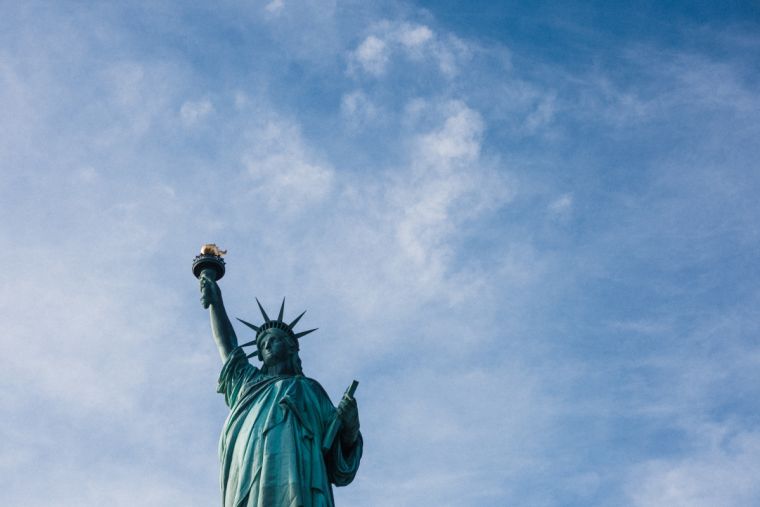How – and why – God promises Jerusalem a glorious future

The 3rd Haftorah of Consolation which we read on Shabbat is called Re'eh (Isaiah 54:11 – 55:5) which means 'See'.
Jerusalem is presently bereft and abandoned but G_d promises her a glorious future:
Oh afflicted, storm-tossed, unconsoled, behold: I shall set your stones with pearls and lay your foundation with sapphires. I shall make your sun-windows of rubies and your gates of garnets, and all your border of precious stones .... Every one of you who is thirsty go to the water, even one who is penniless, go, buy without money or price... Behold, you will call to a nation that was previously unknown to you. And a nation that was previously unknown to you will run to you for the sake of the Lord your G_d and the Holy One of Israel, for He has glorified you.
This is the Messianic future promised to Israel as people, land and religion.
Isaiah's words are similar to the words used by the American poet, Emma Lazarus, of well-settled Portuguese Jewish background, on encountering the stream of impoverished Russian Jewish immigrants who streamed into the USA as a result of the pogroms of 1881.
Emma was influenced by Daniel Deronda (1876) the last book written by George Eliot (England's great Victorian novelist, otherwise known as Mary Ann Evans), who was the first to deal sympathetically with the Jewish question and to advocate Zionism as a solution for the Jewish people.
So, when Emma was asked to celebrate the dedication of the Statue of Liberty – a gift from the French to the Americans – she offered her sonnet: The New Colossus, in which the female Statue is named the Mother of Exiles, representing a very American Jewish view of the age-old concept of the Shekhinah, or female indwelling of G_d, who accompanies the Jewish people wherever they go.
The Statue of Liberty and her words have influenced many who have streamed into the USA as immigrants:
Give me your tired, your poor,
Your huddled masses yearning to breathe free, the wretched refuse of your teeming shore.
Send these, the homeless, tempest-tost to me,
I lift my lamp beside the golden door.
In 1949, Irving Berlin (originally the chazan's son, Israel Baline), the greatest American song-writer of all time, who had emigrated to America himself as a child, having watched his house being burned down in those same Russian pogroms, wrote a musical about the Statue.
Miss Liberty included a song based on the words of his fellow American Jew, Emma Lazarus. This song is now known as 'The Immigrants' Anthem' and is widely sung and loved:
Let's hear it now being sung by the Zamir Chorale of Boston, which specialises in songs to do with Judaism and remembrance. The members of this choir are the grand-children and great-grand-children of Jewish immigrants to America, immigrants for whom the words of Isaiah still hold dear and for whom Emma Lazarus is simply the prophet's own interpreter.
For this is what Isaiah does: through expressing the experience of the Jewish people as embodied in the Jerusalem of the future he encompasses the entire world, thus demonstrating that Judaism is both a particular religion and a universal religion of exile, faith, hope, gratitude, love and liberty which all can understand:
And today Jerusalem herself has replaced New York as the capital of the Jewish world. At the time of Isaiah, Jerusalem was in danger of being sunk in despair. Now it is the learning centre of the Jewish world, as well as of many other people besides.
And you can find George Eliot's name immortalised in today's Jerusalem as an elegant street in the Windmill District:











